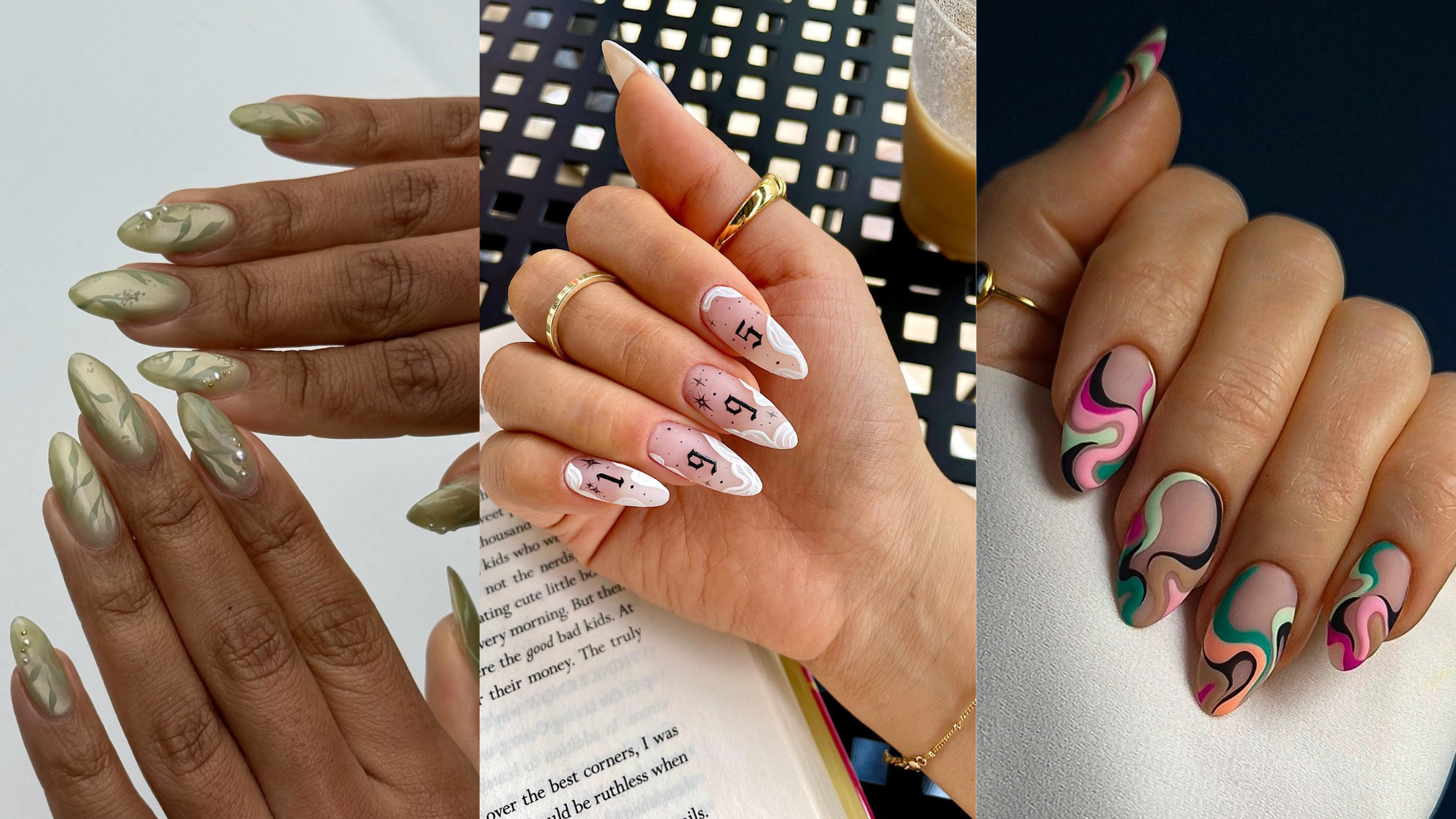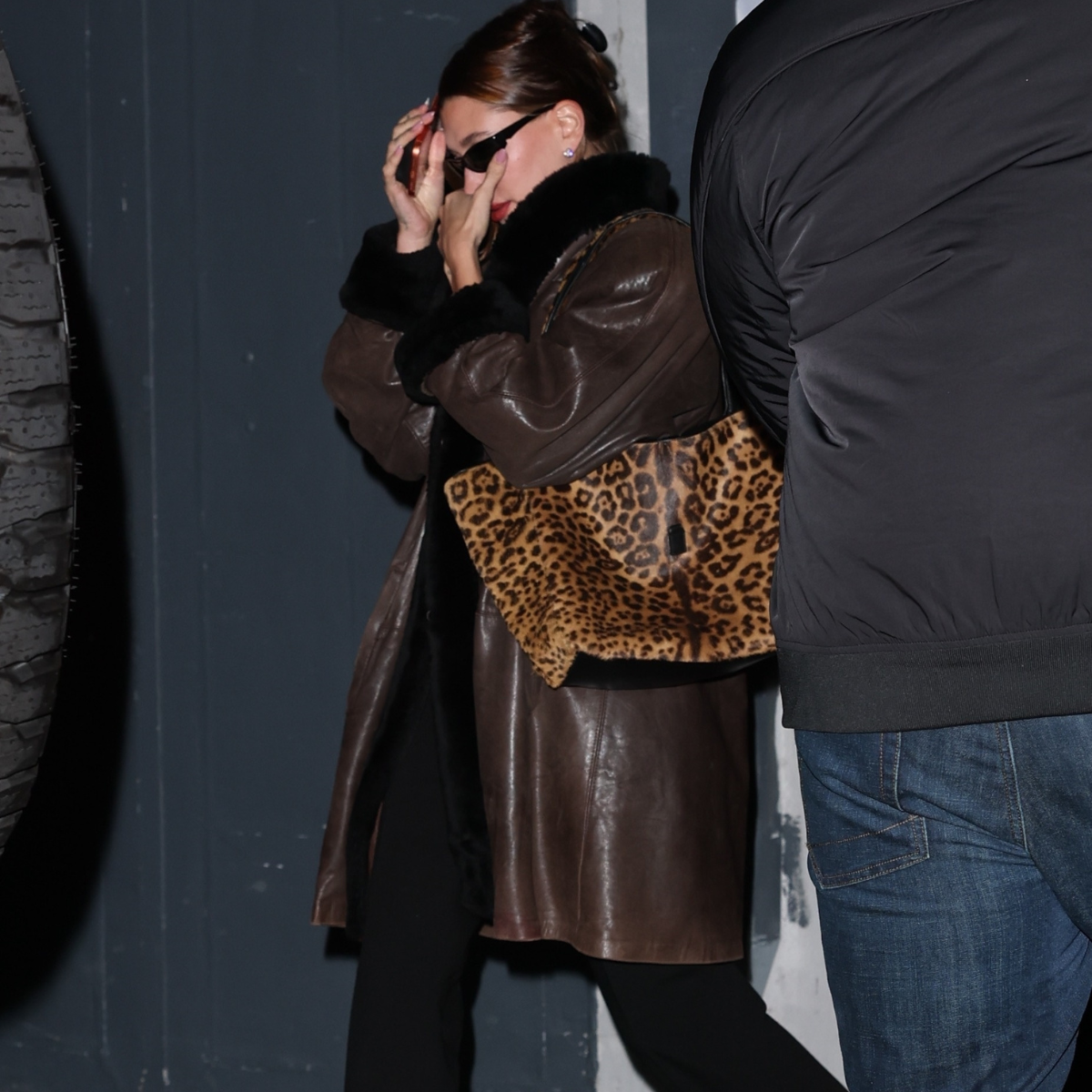Photo by Beazy on Unsplash
This morning, I sat down to write. While my computer turned on, I lit a candle and left the room to make coffee. Somehow, I ended up in the bathroom on my phone, scrolling through Twitter. Then, I wandered into my bedroom to grab a book I’d been wanting to read.
Suddenly, I was standing in the living room on my phone with no idea what I was doing there. Literally, Brittany, why are you standing in the living room all alone? The coffee machine gurgled. Oh, the coffee was ready! I poured myself a cup, then ended up back at my computer. That’s right, I was going to sit down to write.
And then comes the most hilarious part. I wrote for five minutes, a paragraph if I was lucky.
Then I remembered I wanted to order an outdoor blanket from Target and (poof!) was distracted once again. Five minutes later, I was stuck in my kitchen sweeping.
WHAT?
My writing process isn’t aspirational. It’s blatantly messy. It’s distracting and uninspiring.
In tone, I’m often frustrated. I write feeling uninspired, hungover, wide awake, and uncompelled. I’ll get stuck in someone else’s essay, wishing deeply that I’d written it myself; I’ll have to turn off my computer because I can’t possibly be a writer anymore. Is it universal to be jealous when sitting in a room completely alone?
Please tell me it is.
Writing isn’t as aspirational as it works itself up to be. So, I want to get down to the nitty-gritty of it all. Let’s take perfectionism out of the writing routines and find trueness in the messiness.
Let’s be honest…writing is ugly. However, I find some features about “writing routines” to be rather grating and twee.
Writing isn’t as aspirational as it works itself up to be. So, I want to get down to the nitty-gritty of it all. Let’s take perfectionism out of the writing routines and find trueness in the messiness.
How does a writer’s process really work?
I asked a few writers how they “structure their writing day” and meditated on my own. From there, I discovered the “messy truths” of writer’s routines.
This article is not meant to give advice. It’s meant to remind us that imperfection is sometimes the most meaningful thing.
Messy Truth #1: There’s no “ideal condition” for writing.
E.B. White himself said his family paid no mind to his writing career in a 1969 interview within the Paris Review. “They make noise and fuss,” he said. “A writer who waits for ideal conditions under which to work will die putting a word on paper.”
My best writing usually comes out when I’m physically driving my car or soaking wet in the shower, AKA not able to write. So, I try to create a lot of those moments and trick myself into it (e.g., walks or reading a book that replicates the writing I’m doing).
A lot of the writers I talked to wrote most feverishly early in the morning until about 10 a.m., although a timeline didn’t always work either.
Sometimes, the condition is not writing at all. Emma Geary, writer and student, explains this theory well. “Sometimes I feel like I’m not even a writer because I’ll go so long without producing anything besides journal entries,” she says. “But, what I’ve learned is that those days off are actually a great thing. Sometimes you need to do the living, feeling, and experiencing to sharpen your perspective and what you’d like to say.”
Messy Truth #2: You have to lure yourself in.
Writing involves some sort of seduction. Sorry folks!
I like to call it “emotional masturbating.” For me, writing seduction is lighting a candle and turning on my writing playlist which includes lots of Hans Zimmer, Doris Day, and Jean-Yves Thibaudet. Luring can look different for everyone.
Emma Geary lures with outside inspiration and lighting, saying, “I always have a candle lit near my plants, a lamp stacked on a few of my favorite books, and something ‘fun’ to drink, whether that be a La Croix, tea, coffee, or wine. The photos and quotes on the walls around me serve as a good place to stare off into space when I’m trying to figure out how to say something.”
Messy Truth #3: Where we write is sometimes not aspirational at all.
In a 2013 interview on The Daily Beast, Maya Angelou shared that she rented out a hotel room in her hometown, paid by the month, to write. She wrote there from 6:30 a.m. – 2:00 p.m. and went home to carry on when she was finished.
I really can’t express how jealous I am of this.
Taylor Hugo, writer and mother, has my favorite description of her writing spot. “Pre-COVID and pre-baby, I would always go to coffee shops or bookstores to write. That’s where I felt most inspired. Now, I take a whole twenty steps from my bedroom to my home office, where we have two desks, a bookcase stuffed to the brim with fiction and nonfiction books, as well as magazines, and a giant whiteboard I use to write out my big deadlines or goals. I have a couple of my first magazine covers with my name in the masthead framed and hung above my desk.
I also have a bottle of whiskey called “Writer’s Tears” on top of my bookcase. Right now, the whole room it’s a complete freaking mess, as it’s become our dumping ground for crap we pick up around the house and have no other place to stash. It looks nothing like those Instagrammable home offices.”
Photo courtesy of Taylor HugoI, also, write in the random dumping room of the house. I’m surrounded by two cat litter boxes, twenty boxes of my books I can’t sell, an empire state building stack of old DVDs, our vacuum cleaner (yes, we pride ourselves on owning two?) and tons of laundry baskets filled with miscellaneous items.
I do, however, turn on Noisli and keep coffee shop sounds humming in the background. I’ve heard constant background noise is supposed to make us “more creative.” And I’ll tell you what: Watching my cat pinch off a turd right next to me doesn’t.
Messy Truth #4: Nothing is beautiful at first. And you know what? That’s life.
If you write something that’s beautiful and shiny and fresh on the first go, are you a villain?
A wizard? If there’s one thing I know about my process, it’s that the first thing I write is absolute garbage.
If you’re curious, my process goes a little like this: An idea typically starts in my phone notepad, a lot like a grocery list. Or, with pen, in the margins of the books I’m reading. Next, I dump “idea thoughts” out on Google Docs, write truly the worst thing I can, and leave it for a while.
If the writing requires a lot of research, I’ll write a shitty outline. Then, I’ll just keep going back to it, every day or so, even if I’m only adding a paragraph or editing it from bottom to top. (Writer’s Note: I heard that helps when you’re editing your own work.)
“I’ve recently discovered the joy of legal pads,” Emma Geary tells me in an email. “Something about moving to a piece of paper I don’t really care about has helped me open up. I know I can tear it out and crumple it up if I don’t like it. So with most of my work over the last few months, I’ve drafted as messily as I possibly can on a legal pad.
The rest will come later.”
Zoe Vossen, writer and interior designer, shares her process with truth serum, saying, “I start with one grand brain dump. I fill pages of my leftover notebook from college. Then I organize that into an outline. I make sentences within that outline.
Then, paragraphs. I edit my work by reading it out loud at least five times. I am looking for editing tips. I do not know what I’m doing.”
We write to make meaning.
And it’s not always a pretty process. But, it helps us thrive when things are going well and cope when things go wrong. If it’s a process that isn’t pretty, we’re reminded we’re not alone.
I love this truth because we have to accept writing badly. Writing reminds us that we’re deeply human.
In Emily Nagoski and Amelia Nagoski’s book, Burnout: The Secret to Unlocking the Stress Cycle, they write, “Meaning is not found, it is made.” We write to make meaning. And it’s not always a pretty process. But, it helps us thrive when things are going well and cope when things go wrong. If it’s a process that isn’t pretty, we’re reminded we’re not alone.
Messy Truth #5: Writers like to drink things.
I realize this truth is random, but it is by far my favorite. “I must always have a beverage,” writes Taylor Hugo on her messy writing process. “Typically it’s hot black coffee.
Or, Folgers, I’m NOT fancy, iced coffee with a splash of cream, or, if I’m writing in the evening, hard cider from Stem, my favorite cider house here in Denver.”
A “drink” was a recurring theme when I talked to writers. We all had to have one. La Croix, lemon water, a cabernet. Perhaps it’s the motion that gets us, the picking up and the setting down, a moment to stretch out a thought.
I imagine that until the late 90s, a cigarette was a more plausible writer’s vice. But now, we stick with what we can sip instead of drag.
Messy Truth #6: Ideas are, most of the time, trash.
Stay humble, writers. And look at your phone notepad or a planner brainstorm from last year. Ideas are weird and ever-evolving and don’t always work.
Here are all the reject notes on my 2020 iPhone idea notepad:
- Everything that matters will last (Okay, vague much?)
- If you are reading this in 10 years…
- Paradox!!!
- Pain and lilacs (Dark)
- An essay about hangovers
- Is having bad taste a personal brand? (EW!)
I kind of love that these bad ideas surprise me later.
They felt so GOOD to write down. But the first drafts are disappointing. The ideas don’t work. The process is messy.
Writing is largely swarmed by rewriting and finessing and shaping and seeing moments for what they weren’t and everything they were. Through that struggle, we find better meaning.
Writing is largely swarmed by rewriting and finessing and shaping and seeing moments for what they weren’t and everything they were. Through that struggle, we find better meaning.
The big lesson here is, of course, that we have to write. We have to put it on paper, whether or not we’re sitting in a closet, feeling hungover, writing bad stuff, or surrounded by our children. “There is a distinct downside to effort that is too effortless,” the Nogaski sisters write in their book Burnout: The Secret to Unlocking the Stress Cycle, “When a task feels easy, we feel more confident in our ability to perform that task even though we are actually more likely to fail.”
Trash ideas.
Messy writing quarters. Silly drinking vices. Luring ourselves to become better, more philosophical, observational listeners. All of these things are proof that writing is hard and we know that it is.
When we challenge ourselves to write, the struggle increases creativity and learning, strengthening our capacity to accomplish bigger things in the future.
We are messy writers and we are better because of it. Now, if that’s not redefining winning, I don’t know what is.
Brittany ChaffeeBrittany Chaffee is an avid storyteller, professional empath, and author. On the daily, she gets paid to strategize and create content for brands. Off work hours, it’s all about a well-lit place, warm bread, and good company.
She lives in St.Paul with her baby brother cats, Rami and Monkey. Follow her on Instagram, read more about her latest book, Borderline, and (most importantly) go hug your mother.
Original Article












